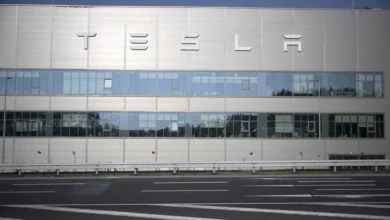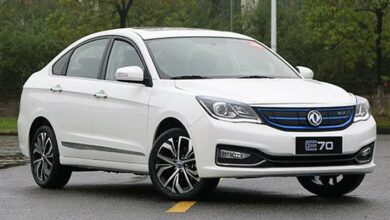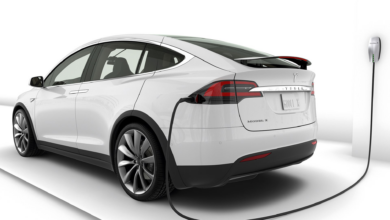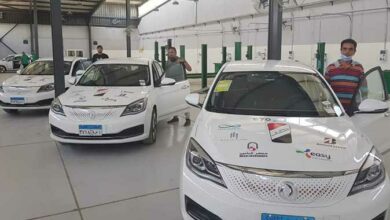
Fuel-cell technology is becoming cheaper and will be commercially viable for mass use in cars by 2025, a senior executive at auto industry supplier Robert Bosch said on Friday.
Non-polluting fuel-cell cars have failed to gain widespread acceptance because of prohibitive development costs, even though they can run five times longer than electric cars and take far less time to refuel.
By 2025 fuel cell production will be more industrialized, bringing down costs thanks to greater economies of scale, Wolf-Henning Scheider, head of Bosch's automotive division, told an industry conference in Berlin.
"They are not out of the race. They are a viable alternative to other zero-emission vehicle technologies," Scheider told Reuters.
Though Scheider said that fuel-cell powertrains are still likely to be twice as expensive to produce than those for electric cars in 2025, he expects the higher operating range of fuel-cell cars to make them a viable alternative.
Daimler, Hyundai, Nissan, Ford, Toyota, Honda and General Motors are all developing fuel-cell vehicles.
Toyota and Honda plan to start selling fuel-cell vehicles next year.
Fuel-cell technology combines hydrogen with oxygen in the air to generate electricity. The only emissions are water vapor and heat, but the technology has been held back by high costs and lack of infrastructure.
The first fuel-cell cars on the market are expected to be priced at about $70,000, but analysts say that does not cover manufacturers' development costs, nor the expense of building filling stations at more than $1 million each.
Electric cars are far less expensive and can be charged at home, work or on the road, but they can travel only 100-200 km (62-124 miles) on a single charge.




